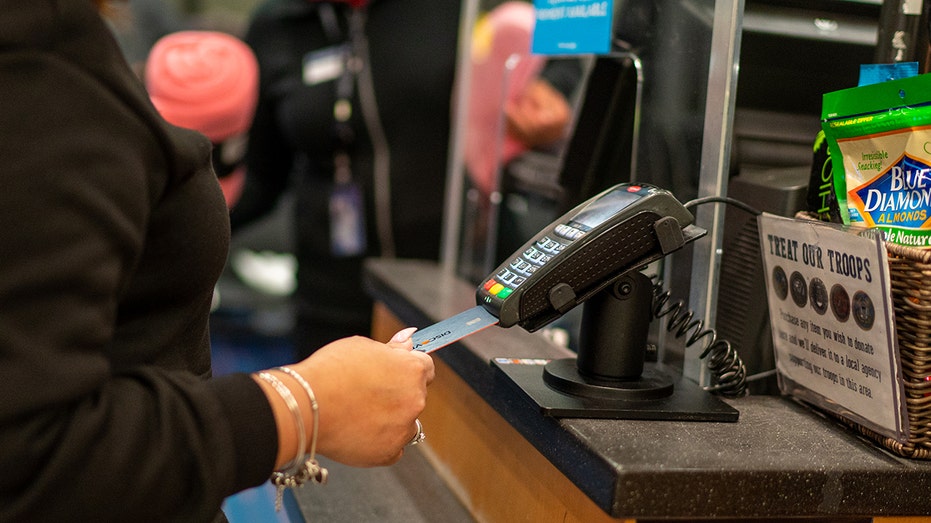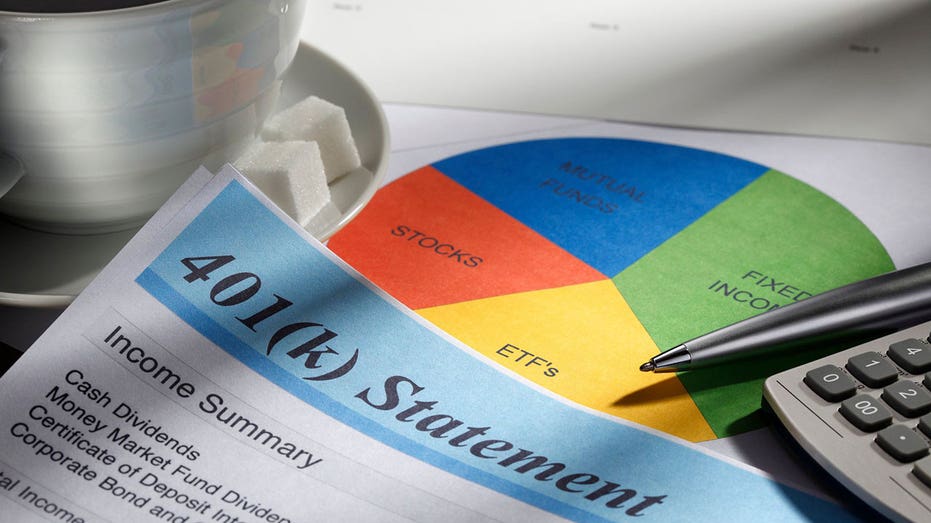With the holiday season approaching and a new year on the horizon, more households believe that the American dream is out of reach than five years ago, according to a new survey.
The latest State of the American Family survey released by MassMutual this month found that more than two in five Americans, or 42%, believe the American dream is out of reach. That is a 9-point increase relative to 2018 and similar to the survey’s findings in 2013, when the U.S. economy was in the midst of a sluggish recovery from the financial crisis and Great Recession.
“With many people struggling to find a balance between their day-to-day expenses and their short-term and long-term financial goals, it is no wonder that many are questioning if achieving the American Dream, however they define it, is possible,” Amanda Wallace, head of insurance operations for MassMutual, told FOX Business.
CREDIT CARD DEBT HITS A NEW RECORD WHILE DELINQUENCIES ALSO RISE
“Today, the need for financial security is high and there are real challenges for many families, such as high student loan debt, the lack of an emergency fund, and hardship in covering day-to-day expenses,” she explained. “At the same time, many have opened their families to others to help nurture happy, secure lives, which over time may influence how many families redefine the American Dream.”
The survey found that only 44% of Americans with children are confident they would not have to live paycheck to paycheck, while 37% said they will be able to retire at their target age.
Respondents to the MassMutual survey identified a family’s financial security as the top factor defining the American dream – a shift from a decade ago when homeownership and not living paycheck to paycheck were the top priority.
HOUSING WATCH: IS NOW A GOOD TIME TO BUY A HOME?
Despite that change, about 70% of Americans with children remain confident about achieving the goal of home ownership.
“For generations, home ownership has been the ‘norm’ that many adults have grown up experiencing or witnessing. And looking around today, they see many people owning a home,” Wallace said. “This reality is what may be driving this level of optimism.”
“Pessimism is likely driven by living paycheck to paycheck, and the level of student loan and credit card loan debt that many are carrying today,” she added.
MILLENNIALS LESS LIKELY THAN BOOMERS TO OWN A HOME, GET MARRIED EARLY: STUDY

The survey also found that American parents are increasingly opposed to their children taking care of them when they are older, a position taken by 86% of respondents in this year’s survey after 79% responded that way in 2018. Concerns about the ability to care for elderly parents have more than doubled since 2018 from 19% to 41% this year.
“The good news is that many expect a long retirement. The bad news is that many expect a long retirement, and they may not be as prepared as they’d like to be financially to cover their expenses, live out the ‘bucket list’ they’ve been building for their later years, and potentially encounter health issues,” Wallace explained.
401(K) HARDSHIP WITHDRAWALS ARE SURGING AS HIGH INFLATION SQUEEZES AMERICANS

With 39% of respondents indicating their confidence about retiring at their target age, some wish they had started saving for their post-work life sooner – although about 66% of families said they’re confident about their long-term financial decisions like investments and insurance planning.
“When asked about financial regrets, the top three cited in our research were not starting early enough to save and invest, carrying credit card and student loan debt too long, and spending money on the wrong things or at the wrong time,” Wallace explained.
“Many wish their parents had taught them more about finances,” she added. “For their own children, they’re taking steps to proactively teach their children about finances and are striving to prepare them for financial success.”
Read the full article here








